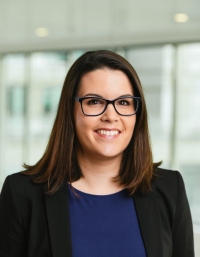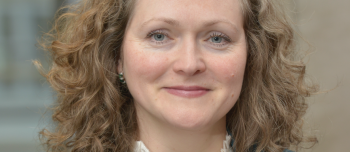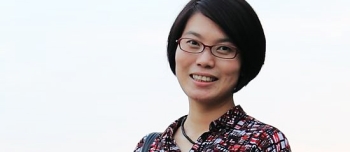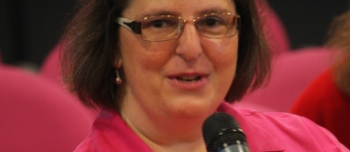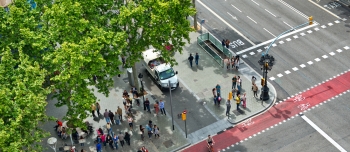CLOSER CITIES aims to create a bridge between urban science and urban practice. By collecting cases on urban practice, analysing them on the shoulders of urban science and sharing research outcomes, urban knowledge becomes shareable. In the ‘5 questions’ series, we ask scientists to briefly reflect on their research and the shareability of their insights and projects.
1. What is the main focus of your research (topic, theme, region)?
I focus on digitization processes and the use of big data within government and its effect on policymaking and public service delivery.
2. Can you give a brief description of your research?
The focus on digital governance entails questions of how new data sources and techniques can shape policy implementation in areas of sustainability and social policy as well as how this changes the interaction between public bureaucrats and citizens over time.
3. How much influence does ‘local context’ have in your field of work? Can results or solutions from your research be shared with other regions easily?
The local context is very relevant to my research, because this is where policies are implemented and public services are delivered to citizens. This is also where we see friction of automating certain procedures - both for public bureaucrats and citizens. These challenges are applicable across local settings, but are shaped by the (national) institutional structure.
4. What are the main lessons learned that can be used by urban initiatives?
Some of the main lessons - ranging from more abstract to specific - are: (1) There is often a disconnect between data production and usage, which leads to issues around data quality and data gaps as well as accountability challenges in policymaking; (2) The structural and institutional setting heavily shapes the speed, effectiveness and reach of data-driven policy instruments; (3) And finally, automation and increasing reliance on data changes the work environment for those public bureaucrats using digital systems and ultimately changes public services provided to citizens, due to changes in discretionary space in decision-making and the form of contact these two groups have.
5. How do you think cities can implement these lessons?
Cities striving to be more data-driven or 'smart' need to acknowledge the existing structures that shape the implementation of any new initiatives. At the same time, there needs to be the capacity and training to understand how different technology applications, such as artificial intelligence, change and potentially create bias in decision-making processes. This translates into close collaborations of technical and administrative staff, training and engagement with the data and technology directly (rather than outsourcing).
